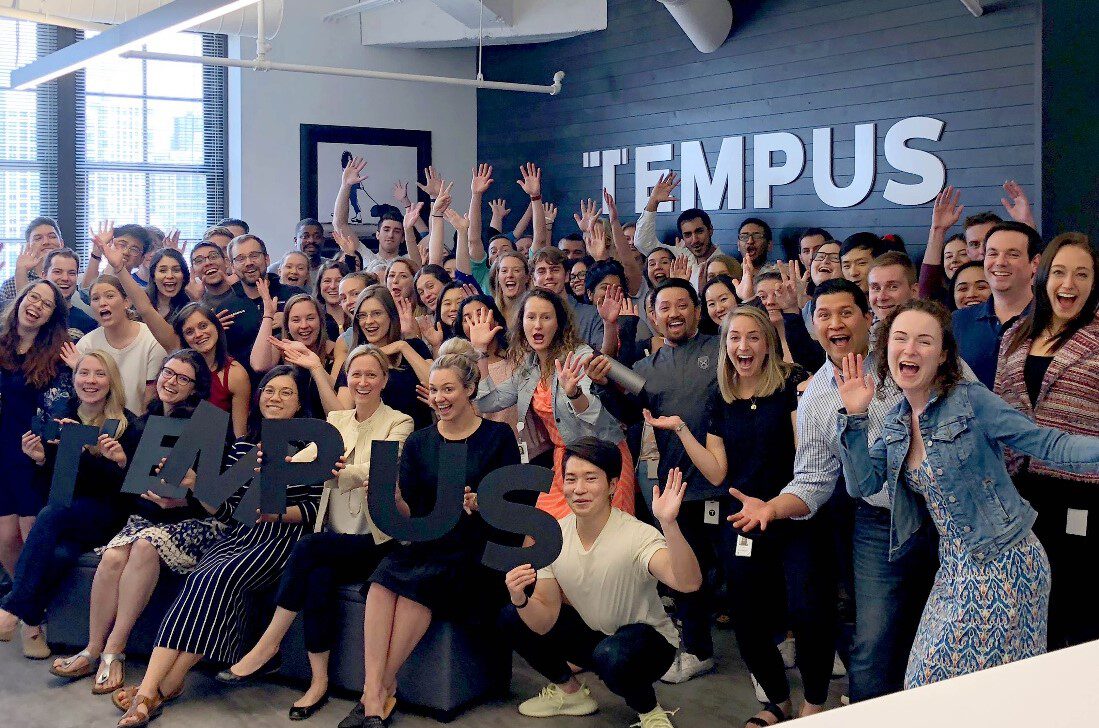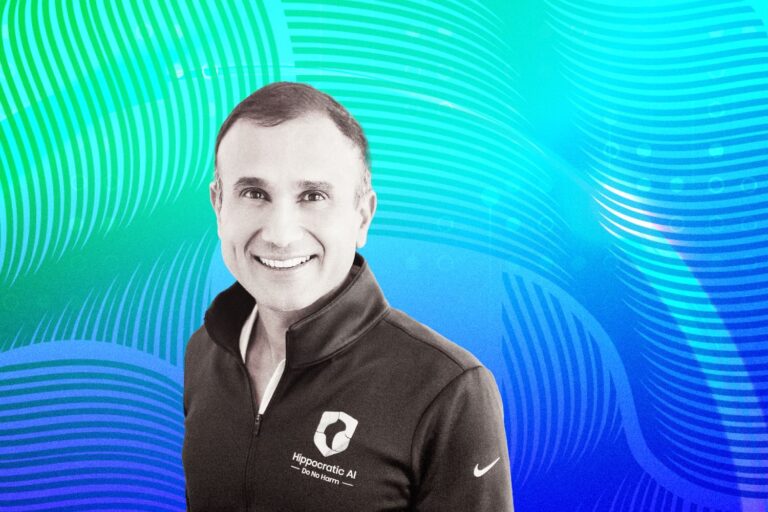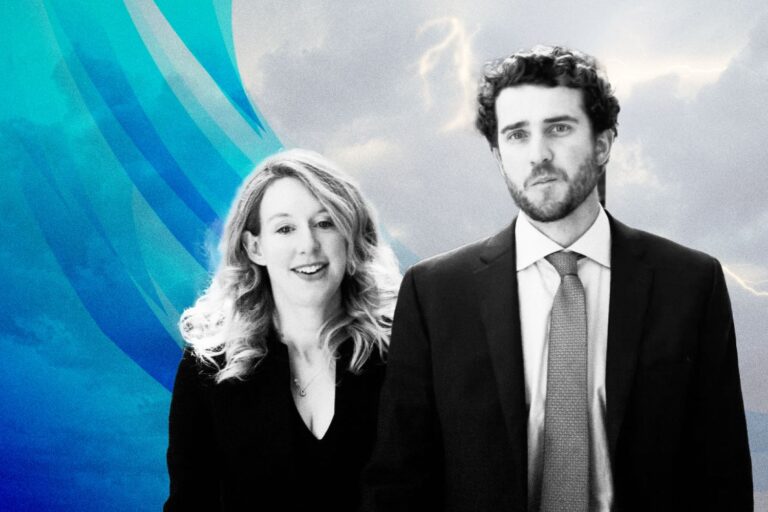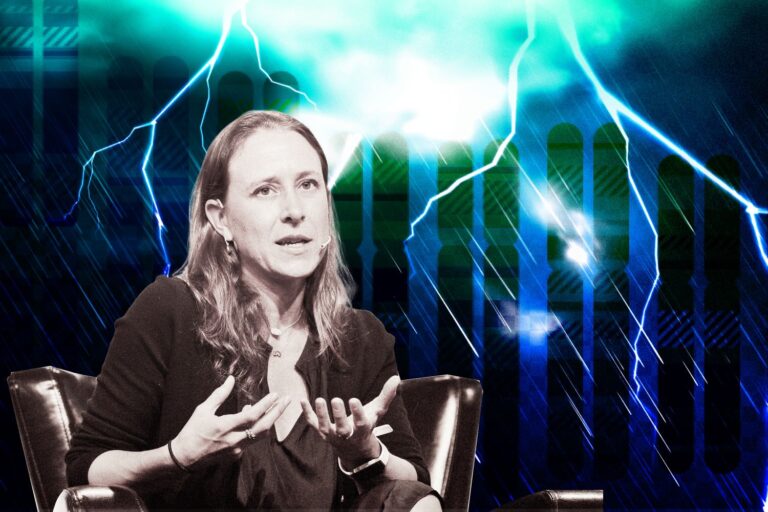Tempus: How a Personal Predicament Ventures into Reorganizing Millions of Patients’ Data
With the emergence of AI application, one of the most game-changing tenets in life sciences arena will be personalized healthcare. Tempus, a Chicago-based startup, is fast-forwarding the revolution of precision medicine by providing collection and analysis of patients’ data that enable more individual, effective treatment.
Established in 2015 by one of the most prolific tech entrepreneurs in the country Eric Lefkofsky, the company offers the largest clinical and molecular data library from over 3.5 million patients to date. While Tempus primarily focuses on cancer, it quickly extends to other programs like cardiology or infectious diseases. This AI healthcare startup has raised up to $1.1 billion and is now valued at $8 billion.
Tempus: A “Paradigm Shift” in Healthcare
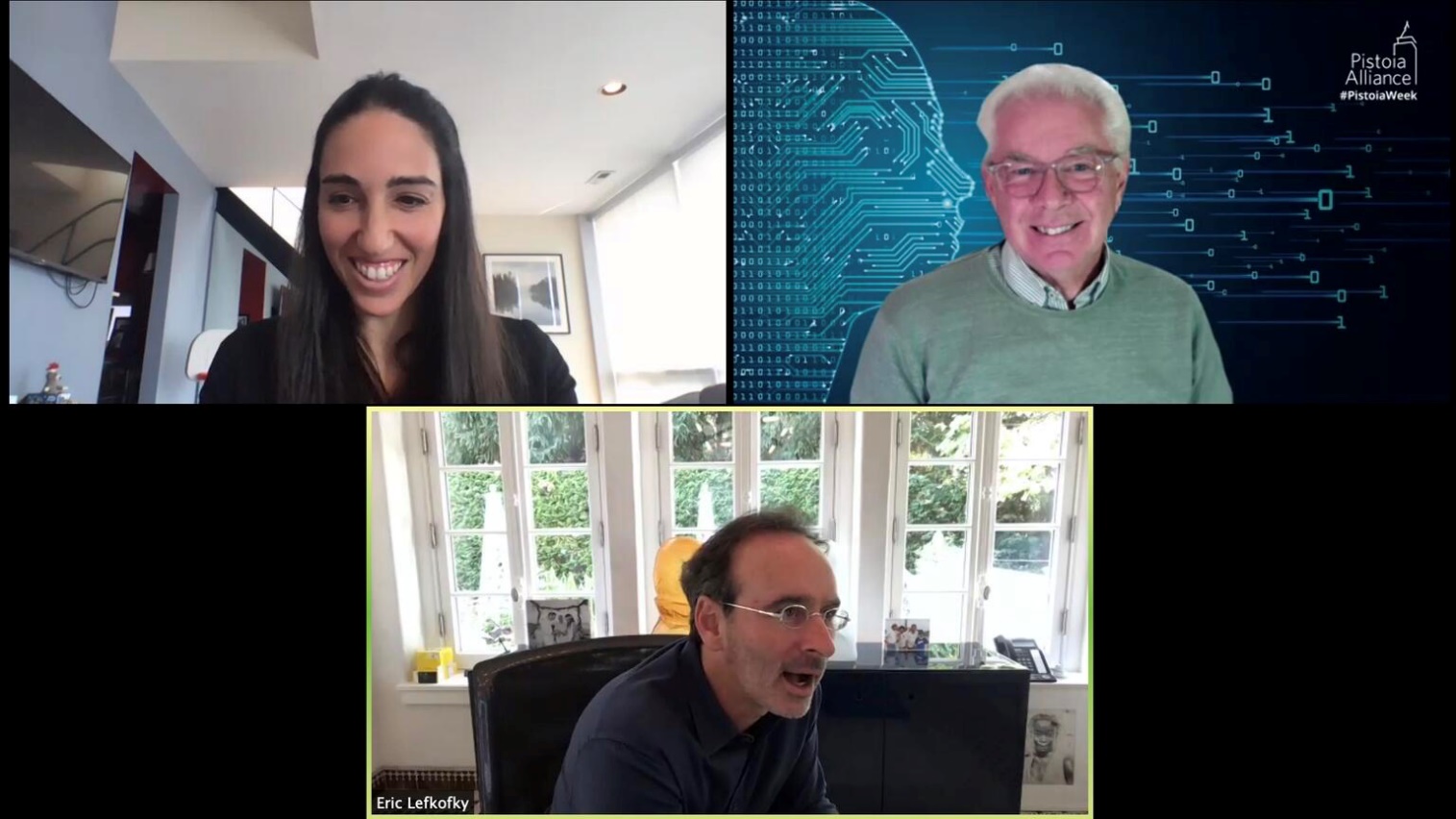
From the CEO’s Personal Predicament
Like every other industry-breaking startup, Tempus started out of a personal problem. The inspiration originated when Eric’s wife was diagnosed with breast cancer. After struggling to find helpful information, he was frustrated with how scant amounts of data that patient or patient advocate can rely on to proceed with their treatment. “We’re giving more technology to truck drivers to determine which pallet of water bottles to pick up on the way to somewhere than we’re giving oncologists who are making some of the most life and death decisions you can make” – Eric said. Something had to be done to reduce this information gap, and to him, a data analytics-led solution was the answer.
Eric’s solvent was to revamp the unstructured database and combine with bioinformatics and analytics tools that could make sense of it. Essentially, the company attacks cancer at the molecular level through genomic profiling tests and match the results with patient clinical information to inform the real-time, data-driven treatment options. So, if a patient diagnosed with a specific type and stage of cancer, the doctor can utilize Tempus to examine his or her genetic data and identify which medications have previously been effective for others with similar genetic composition.
“When you look at what’s happening to (patients) at a clinical level — what drugs they’re taking, what disease do they have … are they progressing or not progressing — when you combine that with what’s happening at a molecular level, you get this amazing library of data, where you can start to see these patterns emerge” – Lefkofsky shared. He estimates that Tempus has the data of about 1 in 3 cancer patients in the United States.
The company has witnessed rapid growth since its inception. The latest series G-2 round adds $200 million to Tempus’s funding, raising its billionaire founder’s net worth to an estimated $4.2 billion. Tempus is “trying to disrupt a very large industry that is very complex,” Eric says, “we’ve known it was going to cost a lot of money to see our business model to fruition.”
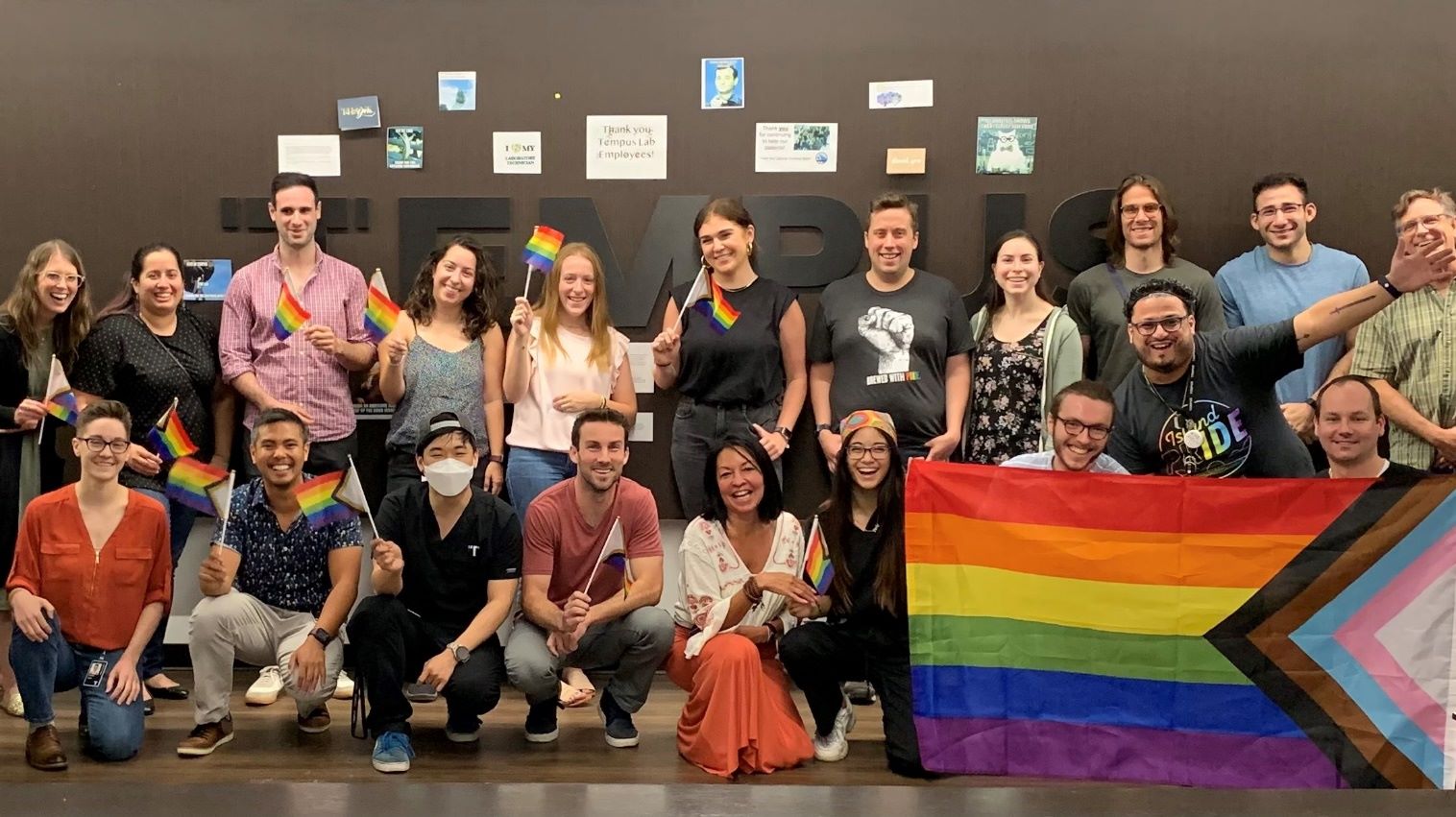
Other than lead investor Google and participation from Baillie Gifford, Franklin Templeton, Novo Holdings, T. Rowe Price, Lefkofsky, who has invested about $100 million of his own money into the company, also contributed an undisclosed amount to the round. “We are particularly attracted to companies that aim to solve fundamental and complex challenges within life sciences,” says Robert Ghenchev, a senior partner at Novo Holdings. “Tempus is, in many respects, the poster child for the kind of companies we like to support.”
A Mission to Fix the Broken Healthcare Database
Lefkofsky said he believes Tempus is at the “frontline of a technology paradigm shift” within healthcare, comparing the startup in a way to how Google ushered in a new internet experience, and how Facebook changed how we connect with each other. How can Tempus enable such a radical change? Let’s read on to find out.
Multimodal Healthcare Data
Most of Tempus’s revenue comes from sequencing the genome of patients’ tumors. To be more specific, the data collection process involves large volumes of unstructured data, consisting of hand-scrawled notes and prescriptions, which are analyzed and stored. The patient’s tumor and blood or saliva specimens are also taken to understand each individual’s genetic makeup. The sample is then sent to Tempus’s cutting-edge lab that sequences patient genes to determine which mutations affect an individual’s cancer.
However, what sets Tempus apart from other sequencing companies is its incorporation with patients’ clinical data. Eric believes that “gather molecular data is only half of the story” and phenotypic or therapeutic data from clinical trials can help individualize the treatment based on each patient’s molecular composition. “If you have all this data in one place, you can answer questions like why this drug is only working for 60% of people and not the other 40%; who are the other 40%; what medications are they also on; what mutations do they have” – he elaborated. “That’s the kind of data that should be flowing freely between not just clinicians and researchers but also insurance or biotech companies.” The combination of molecular and clinical data allows oncologists to link patients’ genetic specifications to their therapeutic histories as well as deliver personalized and optimized medicine.
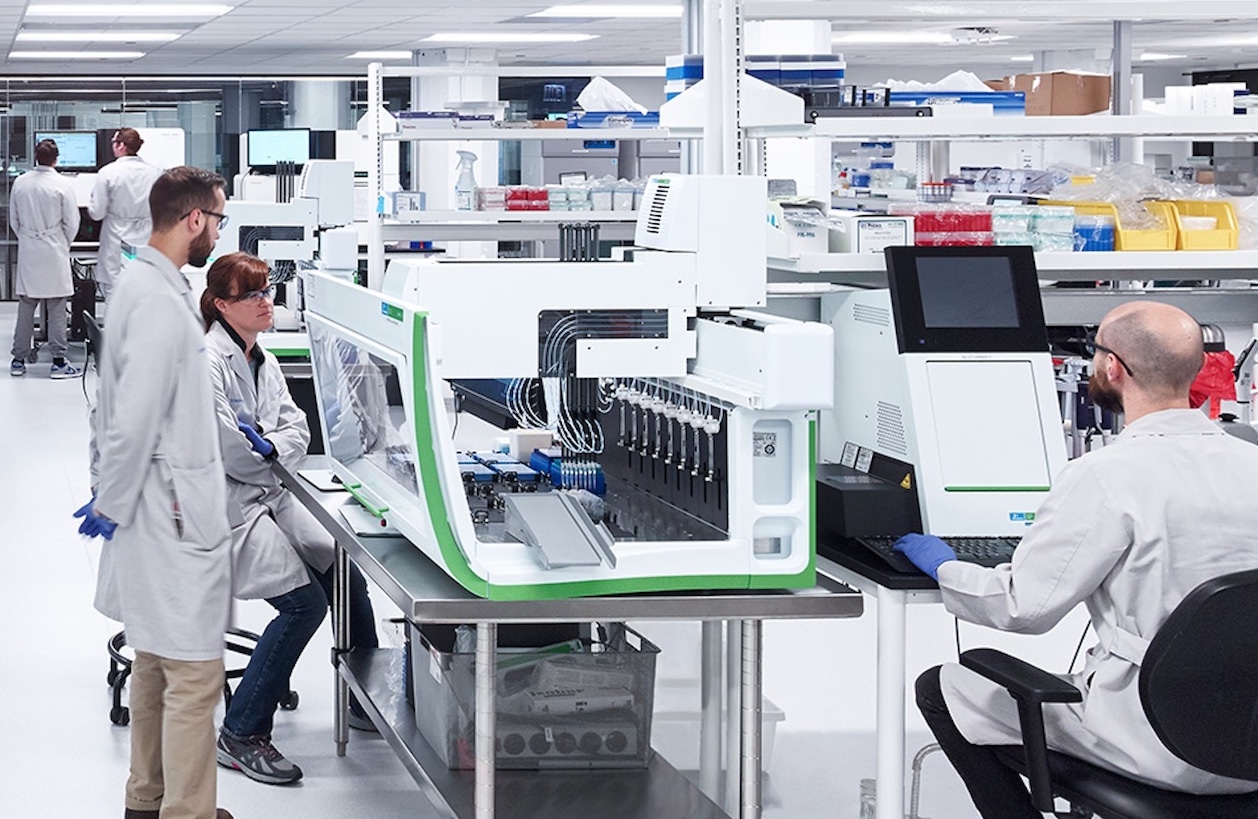
High-Profile Partners
Tempus has partnered with numerous healthcare organizations to collect and pipeline clinical and molecular data to healthcare providers. These organizations include the American Society of Clinical Oncologists and 50 cancer centers with the National Institute of Health. This end-to-end solution benefits physicians and providers as they don’t have to juggle multiple companies and gather piecemeal offerings.
“People say to us all the time; we can replicate what Tempus does, we just have to partner with three or four different companies. And then you have all those issues,” Lefkofsky said. “We believe the only winning answer is to have all this unified on one platform.”
The company targeted academic medical centers and cancer centers to take advantage of their large research groups who can make sense of the data and running several clinical trials. Tempus also works with over 250 community hospitals and local providers which enable it to harness significant amounts of data to optimize its personalized medicine.
Quick Extension
With the huge availability of data at hands, Tempus quickly branches into other areas of precision medicine, including cardiology and mental health. The company now offers a service for psychiatrists to use a patient’s genetic information to determine the best treatments for major depressive disorder.
“What we’re looking at is pharmacogenomic markers that tell us if a particular patient is unlikely or likely to respond to an antidepressant.” – Eric shared. “And when you combine all this multimodal data, you can begin to stratify patients and say: oh, wait a minute, patients like you – just like you with your molecular profile and your phenotypic profile – seem to respond best when they take this particular antidepressant. So we don’t need to rely exclusively on historic trials or exclusively on small datasets that might be in an academic publication. We can also rely on this massive amount of real-world data to begin looking at how patients are actually responding”.
Tempus’s Outlook for Future and Its Micro & Macro Challenges
For Eric Lefkofsky, the opportunities for tech companies jumping healthcare industry are flourishing, especially those who intends at molecular-oriented technologies.

The healthcare technologies are transforming in three waves. The first wave comes with real-scale companies that enable AI diagnostics. AI therapeutic is the next to transpire and AI clinical delivery will be the at the forefront of healthcare revolution. Eric believes that the first two wave will open a plenty of spaces for new players to come in and disrupt the industry as what Tempus have done.
It’s important to note that the current market for cancer and tumor profiling is also quickly expanding with the market predicted to grow to over $60 billion in the next five years. The company already faces stiff competition from startups like Flatiron Health or Foundation Medicine which share similar valuations.
Doctors at UC Davis, McPherson says, have only sent about 100 samples to Tempus, considerably fewer than they’ve sent to Foundation. “I think they were a little baffled by the amount of data that came back [from Tempus],” McPherson says. Clinicians “tend to take the easier route just to save time. But there are several clinicians that are now working fairly closely on the research side with them.”
Tempus also encounters an industry challenge of how to make its product get deployed widely. The healthcare system is complex and having an avant-garde technology is just half of the solution. The back-end problem is to equip a large group of physicians with skills and knowledge to transition to a new way of handling data.
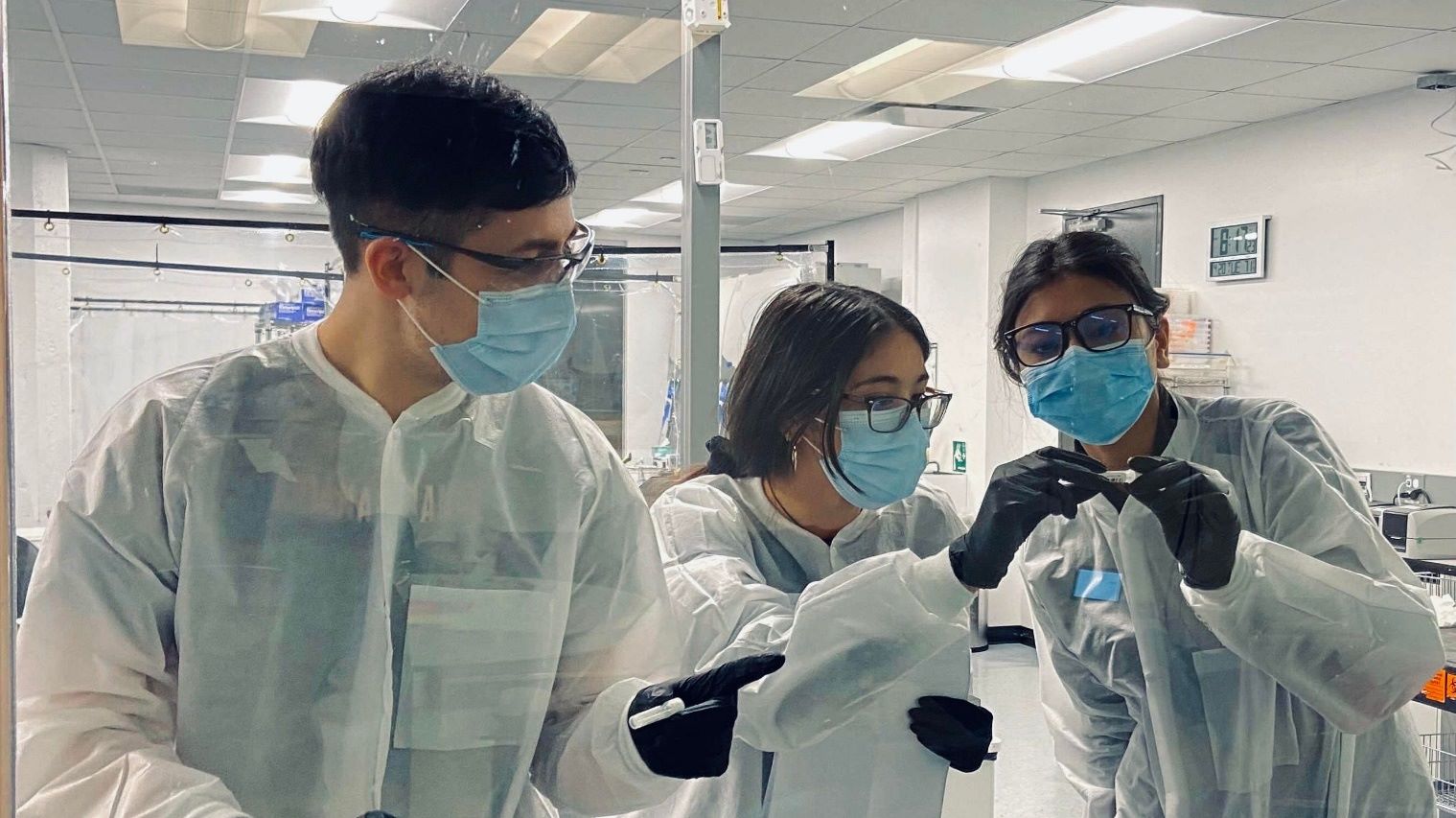
However, Eric Lefkofsky is optimistic about his company’s future. “When something is truly better, it does get adopted. It may be slower in healthcare than it is in other industry but it will get adopted.” – he said. “There’s mass effort across major academic institutions to begin sequencing patients or collecting molecular data. Five, six, seven years ago, that wasn’t happening and five, six, seven years from now, it will be ten times the size it is now.”
Eric Lefkofsky: “There Is No Win or Lose. Just Win or Learn”
Before Tempus, Eric Lefkofsky has been a veteran at building high-growth startups with an extensive profile of five companies worth at least $250 million apiece. With a sustainable financial background, this 51-year-old entrepreneur is willing to put hundreds of millions of his own money into Tempus to keep it self-funded, giving it a leg up on competitors that rely on outside funding to stay afloat.
After leaving his best-known venture Groupon, Eric never intended to proceed with Tempus. “I don’t like starting companies, especially at this stage in my life ” – he said. “There’s a lot of pressure with starting a company, especially when you’ve had so many startups that are successful. Starting another one, it weighs on you.”
Eric only ventured into healthcare when he encountered a problem that needed to be solved. “For me Tempus was really born out of a problem that needed a solution, and the bigger that problem was in my life, and the more I felt like I had a solution, the more I felt compelled to start a company,” he added.
That mindset was carried along Lefkofsky’s entrepreneurial journey. He believes that best businesses are those who takes solving a problem as their priority rather than just focuses on making money. When being blind folded by the outcomes and forgetting about the reason to start, startups usually don’t withstand in the long run. When advising on the time to start a company, Eric was urged to start when he wanted to remove the block out of his road. “If you’ve identified a problem and you’re convinced you got a solution and you just can’t live in the world that doesn’t see this thing comes to fruition, then you should start your own company” – he shared.
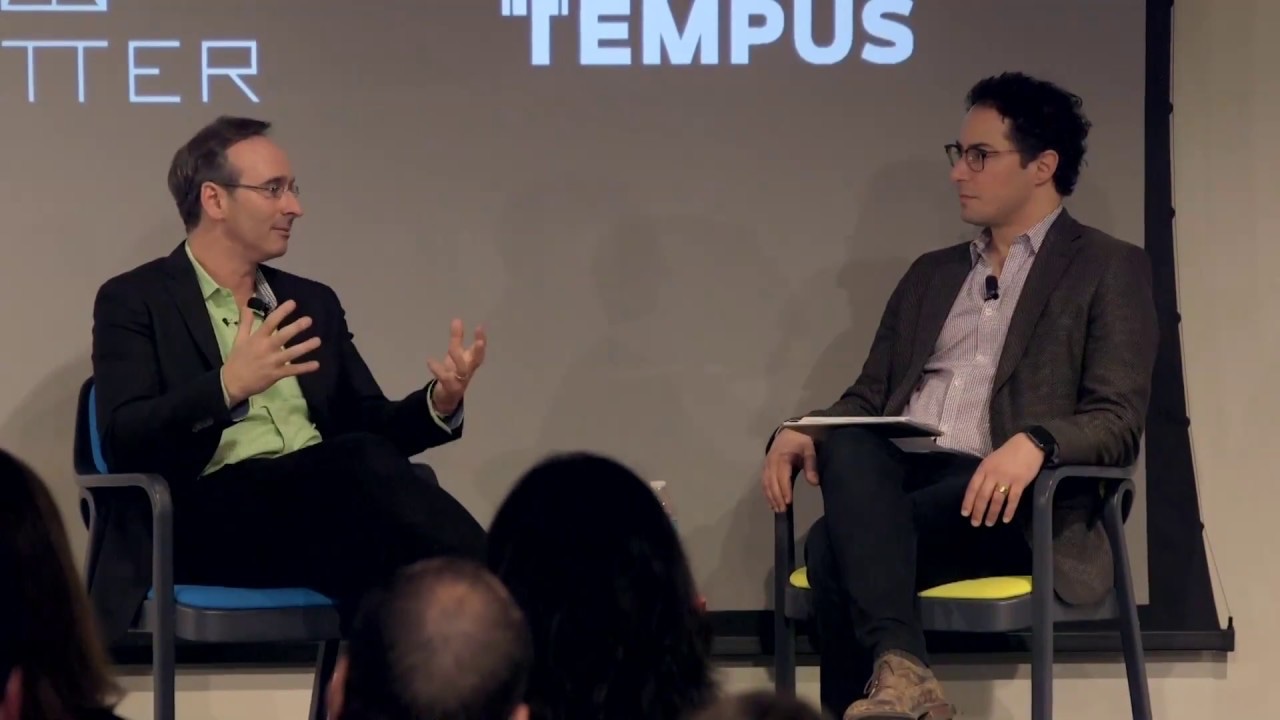
If problem-solving is what drives Lefkofsky to build startups, his learnability is what sustain and accelerate them.
Lefkofsky got the entrepreneurial bug at the University of Michigan, where he studied history and made money selling carpets. In 2001, he cofounded InnerWorkings (marketing), then Echo Global Logistics (transportation) and Mediaocean (advertising software). One of Lefkofsky’s hires, Andrew Mason, pitched an idea for a business focused on “collective action.” Lefkofsky invested $1 million in what became Groupon. A year after its 2008 founding, it booked $14.5 million in revenue; in 2011, it generated $1.6 billion.
After bouncing between different industries, he realized that any industry can be learned if you submerge yourself in it. Whether with promotional products, logistics, e-commerce or healthcare, Eric finds different learning curves that needed to adjust every time he jumps into a new space.
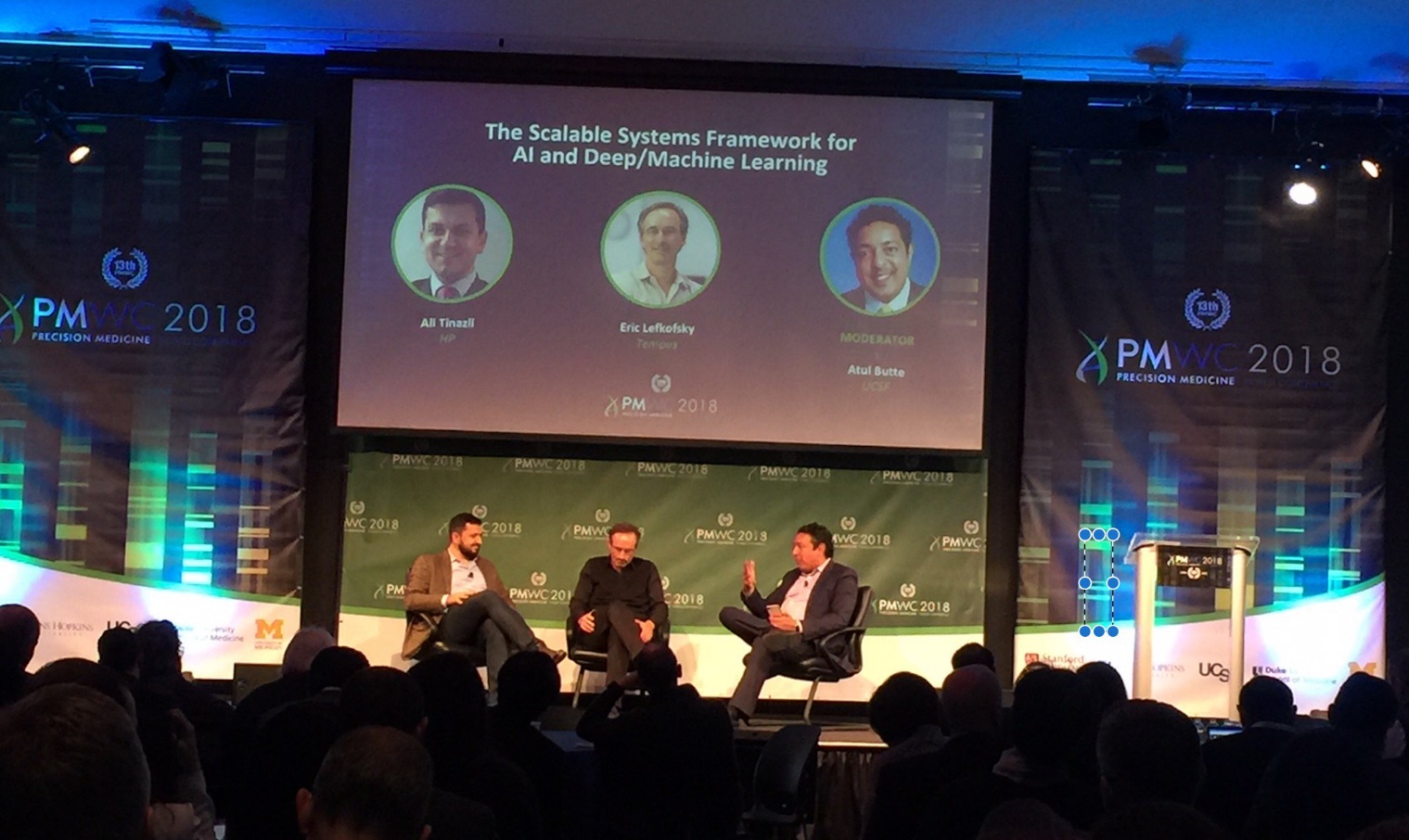
However, with that many of successful companies was no smaller number of failed ones. Eric recalled his entrepreneurial trajectory as a set of “building, testing, rebuilding, rebuilding, rebuilding and eventually success”. Before InnerWorkings’s success that painted his name on the wall, Lefkofsky underwent a roller coaster of falling and rising with many companies. He described how he went from “being worth nothing to being worth about $70 million to being worth nothing” within just a few months.
There were times that Eric was dipping in a bunch of lawsuits and subpoenas due to his flopped businesses. “I was literally meeting with lawyers days away from going bankrupt because I couldn’t possibly pay these people that were coming after me” – he recalled. Yet came the time that companies after companies went public; from InnerWorkings to Echo to Groupon, all led by the same Eric. The transition between a series of failure to the complete turnaround was unfortunately, of no secret formula other than “keep on trying”, Eric reflected. “I had no idea what was next. I just started working. I tried one thing, and then another, and then another, and eventually one of those things became InnerWorkings” – he said.
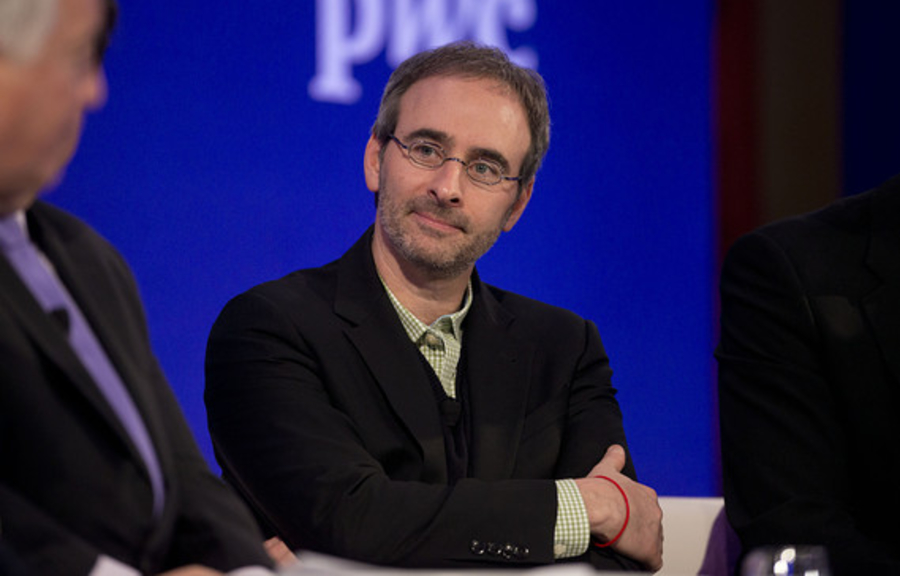
For Eric, what makes great entrepreneurs is their responses to failures. He doesn’t consider his entrepreneurial journey as a binary concept of winning or losing. Rather, Lefkofsky believes that each of his not-successful businesses was an opportunity of learning and growing its model. At Tempus, he pushes forward what works in his previous ventures and constantly reviews the past mistakes for perfection. The Chicago tech giant only emphasizes two things that sustain his endurance in the business world: motivation and persistence.
The Bottom Line
Tempus is one of those firms that is advancing precision medicine with clinical data, genetics, and artificial intelligence at such a rapid pace that could probably write a whole new article about it in a couple of years. With almost 2,000 employees working to breed two budding healthcare markets – complex genome profiling and AI-driven health data, the company promises a significant scale in the near future.
When the healthcare analytics firm becomes a big smash, to Lefkofsky it would not just be another notch on the wall of business success. “It certainly feels like my entire career has led to this point,” – he said. “I hope this will be my legacy project.”

